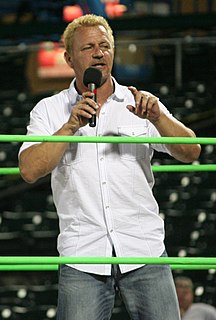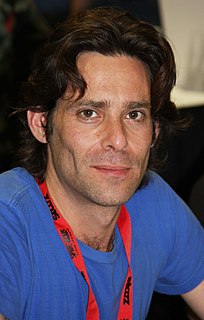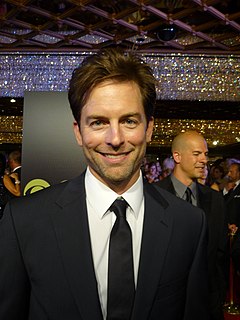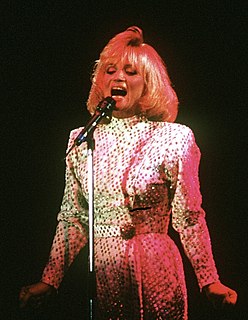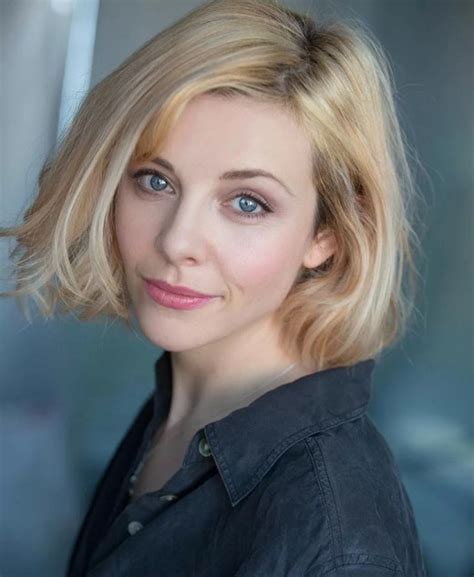A Quote by John Hodgman
Comedy does offer an avenue to television and film careers for untelegenic people that great drama does not.
Related Quotes
Film and television as a medium has only very recently begun to be taught at the great drama schools in the UK. When I was at drama school in the UK, I was there for two and a half years, and we did one week of television and film. It's right before you leave. It's like, "We've taught you Anton Chekhov and William Shakespeare, you are likely to be in a washing-up soap-liquid commercial."
This word "redemption," what is it about this word? Is it tangible? Do you know when it has happened? Is it necessary in a drama? Does it make a character boring? Does everyone agree on a character being "redeemed?" Or is it a word that is so subjective and polarizing and insignificant in modern television? It is a word that has been given, quite possibly, far too much significance, when it is truly ambiguous and meaningless in a drama. I have personally grown to loathe that word in literature.

